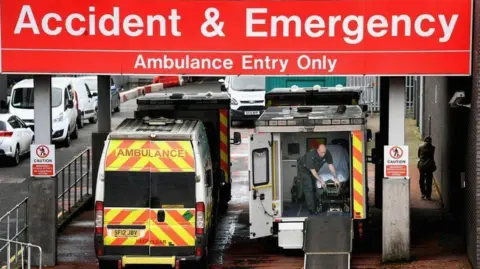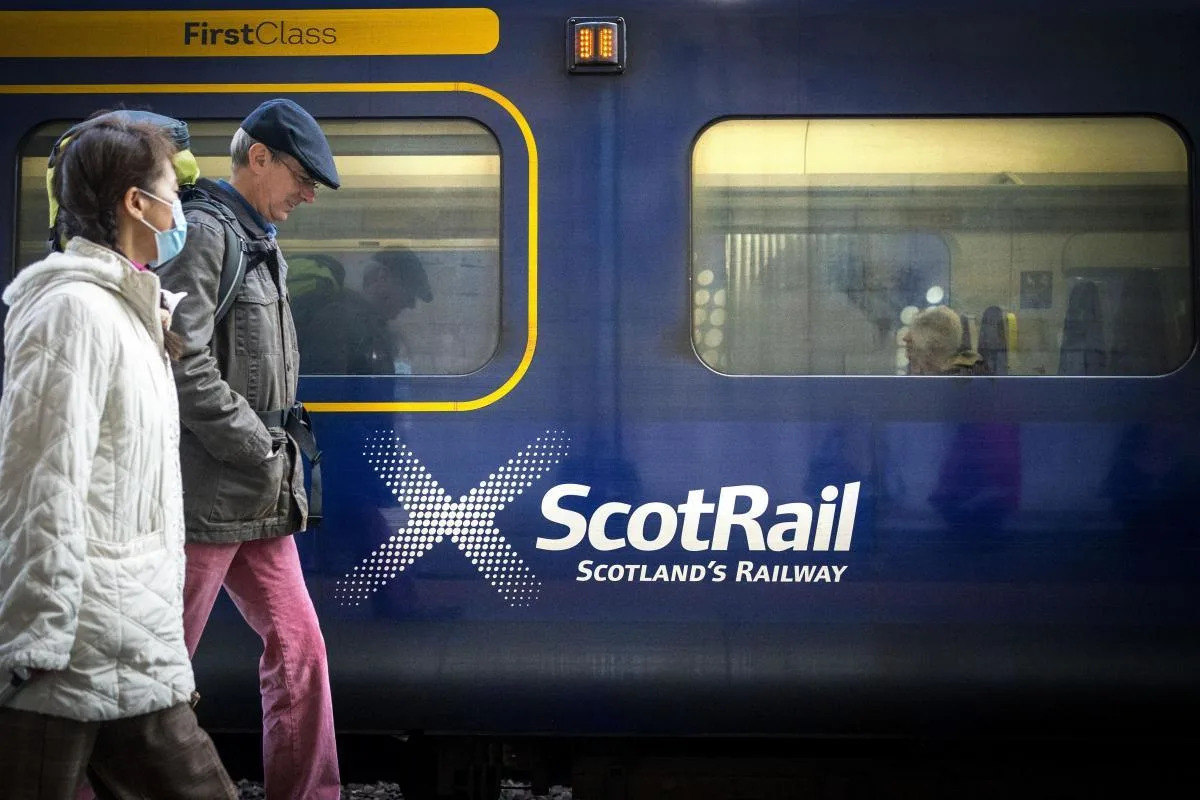New government urged to take responsibility for the Police Race Action Plan
Sir Keir Starmer’s government must prioritise anti-racist policing by funding and overseeing the plan says a report from the Independent Scrutiny & Oversight Board
THE NEW Government must put anti-racist policing at the core of its proposals by providing direct responsibility and funding of the Police Race Action Plan, according to a new report by the Independent Scrutiny & Oversight Board (ISOB).
In its latest annual feedback report, the ISOB highlights limited progress on delivering the Police Race Action Plan four years after it was jointly announced by the National Police Chiefs’ Council (NPCC) and the College of Policing.
The ISOB is calling on the government to take on responsibility for the Police Race Action Plan and accelerate action to create a fairer policing system for Black communities.
Abimbola Johnson, Chair of the Independent Scrutiny and Oversight Board, said: “We recognise the dedication of those working directly and indirectly on the Police Race Action Plan, which is shown on a daily basis. We have seen improvements, particularly at the beginning of this year.
“This is despite ongoing budget challenges, limited accountability for the programme’s success, and continued refusal by policing as a whole to acknowledge institutional racism. We want the Government to take responsibility for the Plan to ensure sustainable funding and proper accountability, and to develop a comprehensive long-term strategy for making policing better for Black communities.
“A forward-thinking roadmap, developed in partnership with policymakers and anti-racism experts, will improve the consistently low levels of trust we see in Black people in policing. Delivering on the overall aims that inspired the creation of the Plan and achieving an adequately funded strategy will provide the action needed to create change.”
Improvements needed
The report outlines ongoing challenges in the Race Action Programme, including a lack of resources, limited performance metrics, and inconsistent engagement with individuals outside of policing. Central government responsibility will unlock vital funding that will ensure measurable progress in improving policing for Black communities.
The report comes as the programme responsible for implementing and embedding the Police Race Action Plan enters its final year as a standalone initiative.
In response to this time constraint, the report recommends that the central programme focuses on the following areas: Introducing tangible and measurable performance metrics linked to the Police Race Action Plan’s Outcomes Framework to ensure forces continue their journey to becoming anti-racist beyond the end of the programme.
Identifying clear areas of focus to ensure an emphasis on outcomes instead of outputs.
Increasing engagement with external stakeholders, particularly with Black people under 25, to more effectively demonstrate how this engagement has informed the Plan.
‘Make or break year’
Johnson added: “The central Police Race Action Plan programme is in its crucial transition year. The programme needs a focused approach that will embed change into the very structure of policing.
“To ensure a strong legacy that will drive change in individual forces, tangible and measurable performance metrics must be established, clear focus areas must be identified, and meaningful engagement with stakeholders outside of policing must be increased. The Police Race Action Plan still has the potential to create change; this year is make or break.”
The report also comes as the National Police Chiefs’ Council and College of Policing publish a 2024 progress report for the Police Race Action Plan, outlining work that has been delivered on the Plan.
Police Race Action Plan (PRAP) Senior Responsible Officer, Chief Constable Gavin Stephens, said: “I have been hugely impressed with the progress the Plan has made under new leadership since September, and I want to thank Alison and her team for driving forward these changes, which will make a real difference to Black communities.
Improvements
“ISOB has acknowledged that improvements have been made in the Plan’s delivery since the turn of the year and I am determined to help support the programme in continuing its progress to deliver tangible long-term change.”
PRAP Programme Director, T/Deputy Assistant Commissioner Dr Alison Heydari, said: “We welcome this latest report from our Independent Scrutiny and Oversight Board (ISOB), which has continued to diligently and robustly guide and challenge the Plan over the past 12 months.
“I feel we have made huge strides forward in our strategy and delivery in recent months, with work already in train to address the three key recommendations in ISOB’s report.
“In the coming weeks we will publish a progress report outlining our work to date, as well as efforts we have made to engage and consult with Black communities across the country.
“A new reiteration of the Plan is due to be published in the autumn too, which will put the plan on a long-term footing and embed its work in the DNA of policing.”
The full report, Police Race Action Plan: Independent Scrutiny & Oversight Board Annual Feedback Report, May 2023 – May 2024, is available at www.policeisob.co.uk.




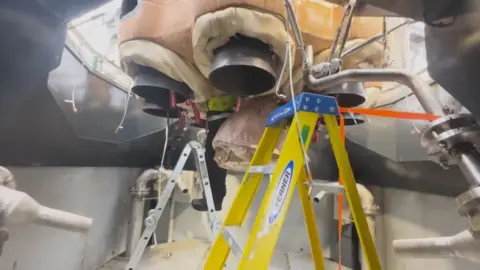
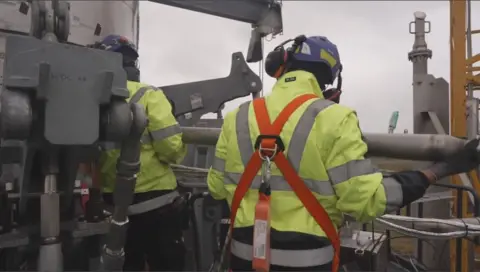
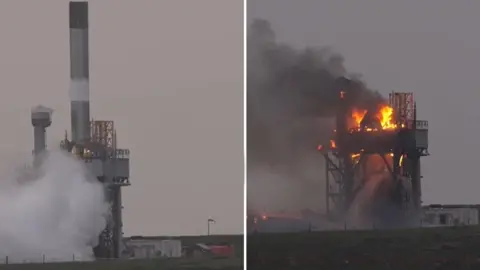

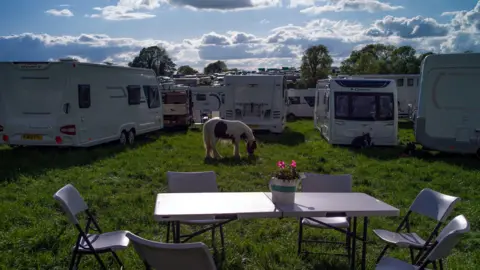 ]
]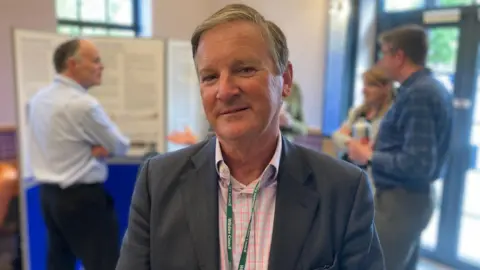
 Getty Images
Getty Images
